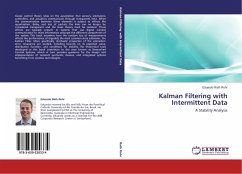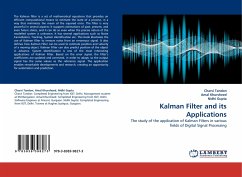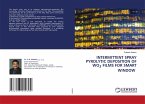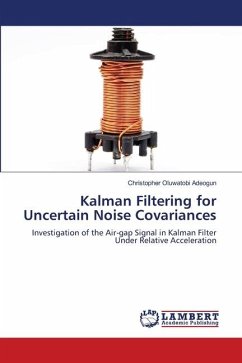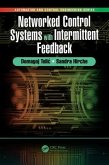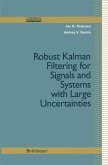Classic control theory relies on the assumption that sensors, estimators, controllers, and actuators communicate through transparent links. When the communication between these elements is subject to effects like quantisation, delay, and loss of packets the links can no longer be considered transparent and the basic theory must be revisited. These effects are typically present in systems that use digital wireless communication to share information amongst the different components of the system. This book examines how the random loss of measurements affects the performance of arguably the most common state estimator, the Kalman Filter. More specifically, stochastic properties of the estimation error covariance are studied, including bounds on its expected value, distribution function, and conditions for stability. The theoretical tools developed in this book contribute to the area known as Networked Control Systems, which in turn provides guidance for the design and implementationof network protocols, devices, and integrated systems benefiting from wireless technologies.
Bitte wählen Sie Ihr Anliegen aus.
Rechnungen
Retourenschein anfordern
Bestellstatus
Storno

